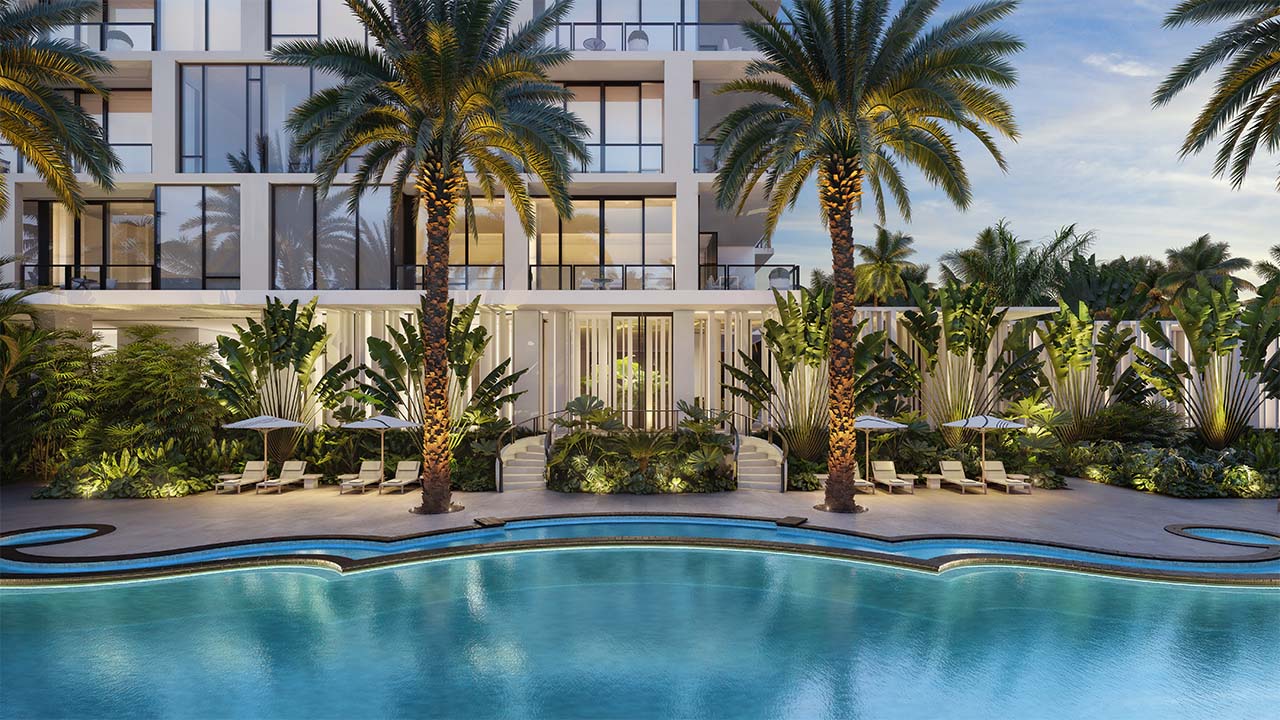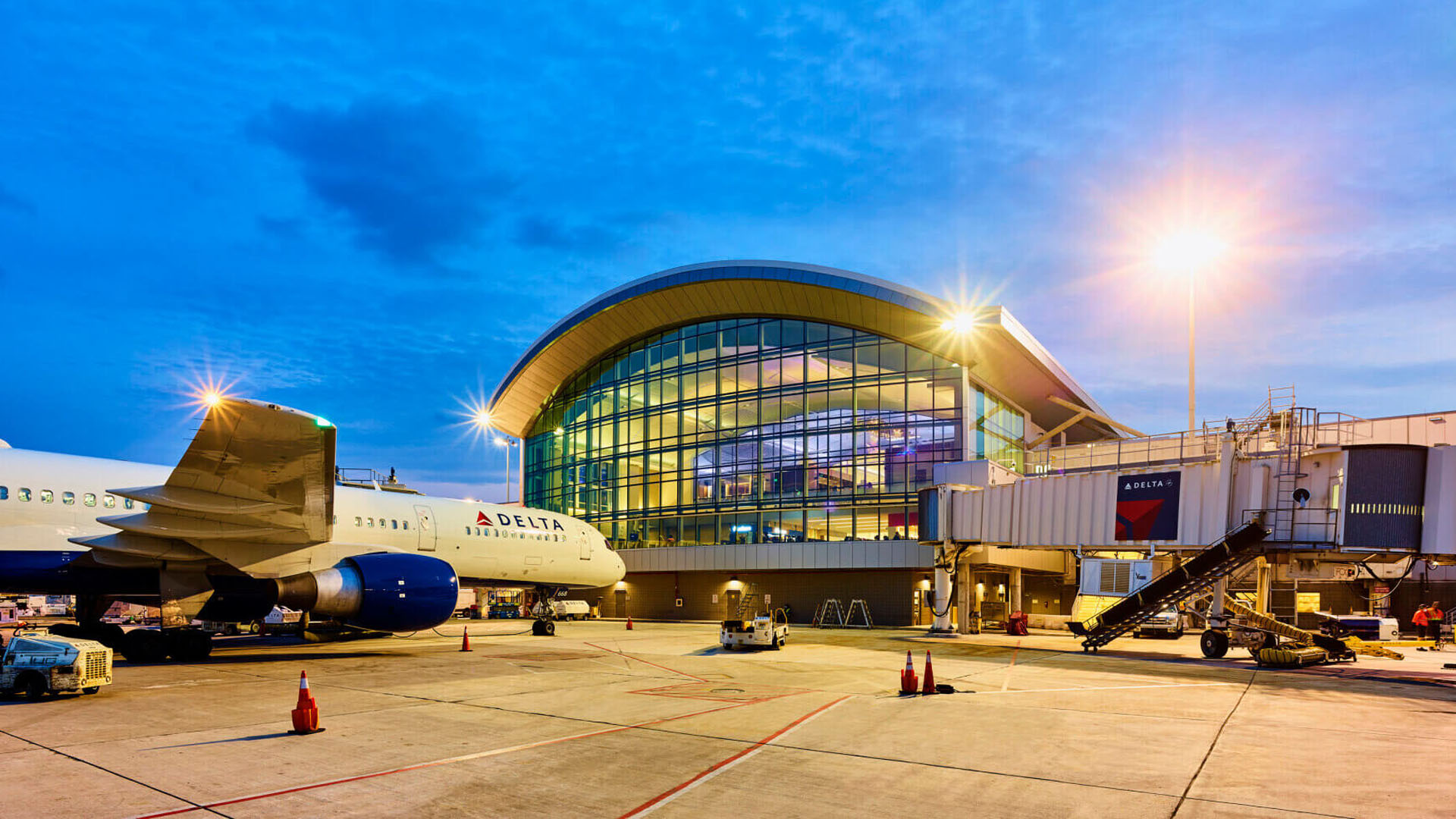Increasingly, prospective luxury homebuyers are focused on living inside a brand. They trust the big names, both for experiential (service) reasons, and practical (resale) reasons—in addition, of course, to quality of construction and amenities. Established hotel chains—for example, Four Seasons and Ritz-Carlton—were quickest on the draw, developing their residential portfolios over the last two decades; other illustrious hospitality companies—such as Auberge and St. Regis—entered the burgeoning market with a splash.
Now it seems that every other South Florida premium tower carries the name of a venerable brand, with fashion legends (Armani), restaurant empires (Cipriani) and automotive companies (Bentley and Porsche) making their mark, though 80 percent of branded residential developments still come from the hotel world. Overall, the United States clocked 38,900 branded residences across more than 200 developments at the end of last year, a 40% increase from 2010, according to real-estate firm Savills.
So, it’s no wonder that Rosewood Hotel Group, the company behind some of the world’s most legendary hotels and resorts—including Le Guanahani in St. Barth, the Carlyle in New York and Hôtel de Crillon in Paris—is experiencing a boom in the branded residential space. A total of 18 Rosewood Residences are set to open in the next three to five years; these new additions to the portfolio will join 14 existing Rosewood Residences that are currently available for ownership (such as Rosewood Residences at Turtle Creek in Dallas) or rent (e.g., Virgin Gorda’s Little Dix Bay).
Within the next few years, Rosewood will be heavily represented in the South Florida market, with three projects in development: Rosewood Residences Hillsboro Beach, Rosewood Residences Lido Key, and Rosewood Residences Miami Beach, which will be positioned adjacent to the iconic Raleigh hotel (known for its historic, scalloped-edge swimming pool). The Raleigh, which a New York-based partnership led by Michael Shvo purchased from Tommy Hilfiger and Dogus Group for $103 million in 2019, also will be managed by Rosewood Hotels & Resorts. (Hilfiger had paid $67.5 million for the hotel in 2014.The beloved art deco landmark, a casualty of Hurricane Irma, has been shuttered since 2017.)
Martein van Wagenberg, managing director of Rosewood Le Guanahani, is hardly surprised that the brand is making inroads into South Florida. “The Florida Market has become one of the top three for Rosewood Le Guanahani St. Barth in recent years,” he says. “The Caribbean is an easy nonstop flight from Miami. Rosewood Residences is coming to Florida, and I do believe buyers are looking to Rosewood for what it means: personalized tailored offerings and a true sense of place. When guests come to Rosewood Le Guanahani St. Barth, they know they will feel the destination and have a personalized experience, ideal to create new memories worth reliving. In my humble opinion, I do believe potential owners interested in the Rosewood Residences are looking for this unique offering.”
Buyers pay an average 30% premium to purchase hotel-branded residences like Rosewood, according to Savills. The Lido Key project bears this out: It is currently achieving an average of $10 million per unit, reflecting a price premium of 25% above the most competitive of the destination’s luxury beachfront branded residences.
But few South Florida projects are more hotly anticipated than the newly constructed 17-story tower in Miami Beach, in part, because of its connection to the Raleigh. Designed by famed architect Peter Marino, who is also overseeing the Raleigh’s reimagination, the building will include 44 private homes with unobstructed ocean views and prime ocean proximity.














